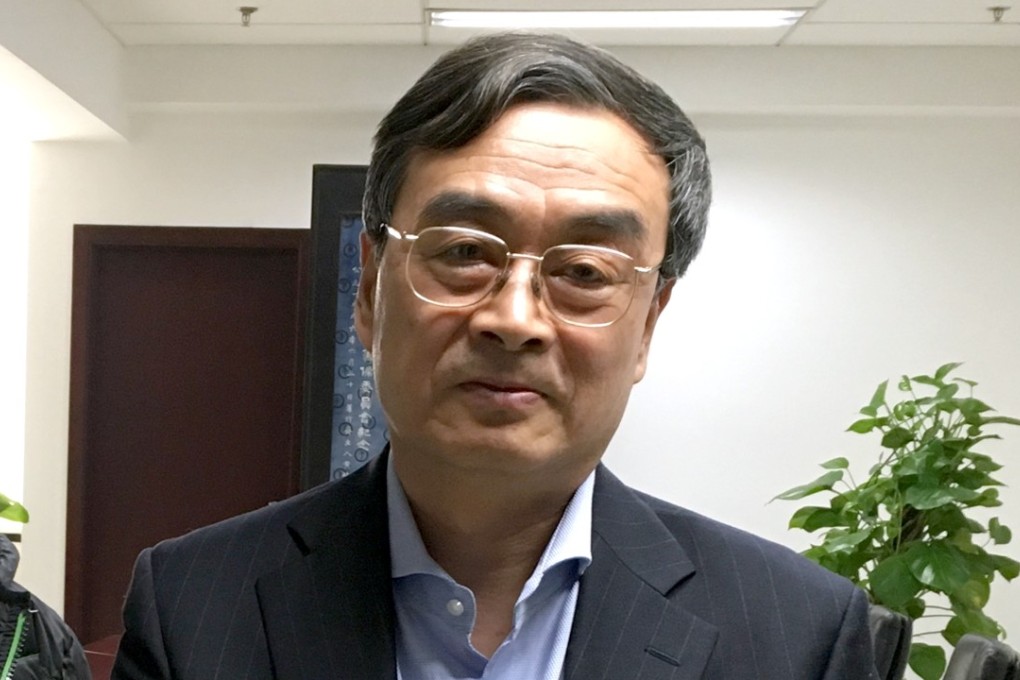Exclusive | Top Beijing official delays retirement to help rein in pro-independence calls in Hong Kong
Feng Wei, 61, has handled affairs in city for two decades and is well versed in local laws

Despite reaching retirement age last year, a top Beijing official has been asked to stay on at the central government agency overseeing Hong Kong affairs to handle legal issues relating to pro-independence calls in the city.
Hong Kong and Macau Affairs Office deputy director Feng Wei was originally expected to step down late last year when he turned 60, the usual age for vice-ministerial officials to leave officialdom.
A source in Hong Kong who is familiar with the situation said Feng, who has been handling the city’s affairs for two decades and is well versed in its laws, was told to remain in his current position until further notice to handle legal issues relating to Hong Kong, particularly on how to rein in the mounting calls for the city to break free from China.
Feng Wei’s staying on is an indication of the top echelon of the mainland leadership in Beijing taking the growing calls for Hong Kong independence seriously
Feng, who turned 61 last month, is seen as a moderate among the central government corps. He is perceived to favour dialogue with moderate pan-democrats.
A mainland source familiar with Beijing’s handling of Hong Kong affairs said there was no sign Feng would retire soon.
“As a general principle, vice-ministerial officials retire when they turn 60, but some may stay on for some months or even more than a year for special reasons,” the mainland source said.
Executive councillor Ronny Tong Ka-wah, who has known Feng for more than a decade, said it was reasonable for the Beijing official to stay beyond retirement age because he was familiar with Hong Kong affairs and the city’s laws.